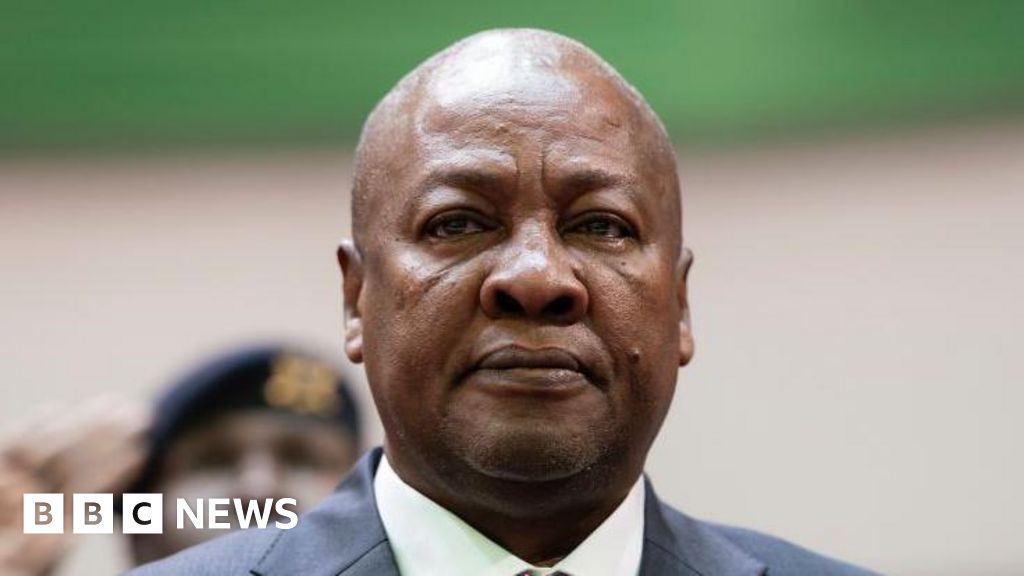Ghana’s Controversial Deportation Deal: Legal Struggles and Human Rights Concerns
In a significant legal development, eleven individuals recently deported from the United States to Ghana have taken legal action against the Ghanaian government. Their lawyer, Oliver-Barker Vormawor, asserts that these deportees have not contravened any local laws, thus rendering their detention at a military camp unlawful. This lawsuit raises important questions about the legality of the government’s actions and the treatment of deportees.
Legal Context of the Detention
Vormawor’s legal challenge seeks to compel the Ghanaian government to produce the detainees in court, demanding an explanation for their ongoing detention. He argues that without evidence of wrongdoing, their confinement is not only unjust but also potentially unconstitutional. Such legal maneuvers underscore the tensions between national sovereignty, diplomatic agreements, and individual rights.
Government Response and Political Implications
While the Ghanaian government has yet to issue a formal statement regarding the lawsuit, previous announcements indicate plans to accept an additional 40 deportees. This has sparked concern among opposition members of parliament, who have called for an immediate halt to the deportation deal until it receives parliamentary ratification. Such calls highlight the complex interplay between governmental decisions and democratic processes in Ghana.
The Arrival of Deportees
Last week, Ghana’s President John Mahama announced the arrival of 14 deportees of West African origin from the U.S. Following this, he stated that all deportees had been sent back to their countries of origin. However, this statement was later contradicted by Foreign Minister Samuel Okudzeto Ablakwa, who mentioned that only most had been returned, leaving the status of the eleven in contention. Vormawor’s lawsuit only adds to the confusion, reaffirming that eleven deportees remain in detention in Ghana.
The Experience of Deportees
Reports have emerged detailing the treatment deportees faced while in custody in the U.S. Before their deportation, they were held in a U.S. detention facility, and upon deportation, were shackled and transported on a military cargo aircraft. Such circumstances raise significant concerns about the treatment of individuals who are often fleeing difficult conditions. The human rights implications of such practices draw international scrutiny.
The Broader Context of U.S. Deportations
These deportations are part of a broader trend in U.S. immigration policy, particularly under the Trump administration. Since taking office, President Trump has implemented a hardline approach to immigration, vowing to expedite and conduct unprecedented levels of deportations targeting individuals residing in the country illegally. The ramifications of this policy extend far beyond U.S. borders, impacting the lives of individuals and families across the globe.
Ghana’s Stance on Deportation
Ghana’s Foreign Minister has characterized the decision to accept deportees as rooted in “humanitarian principles and pan-African empathy.” However, he explicitly stated that this should not be seen as an endorsement of U.S. immigration policies. This nuanced position reflects the intricate balancing act that governments must perform when engaging with international partners on sensitive issues like immigration and human rights.
Legal Actions Against the U.S. Government
In a surprising twist, five of the detainees, including three Nigerians and two Gambians, have also filed lawsuits against the U.S. government, claiming their deportation violated a court order designed to protect them. These concurrent legal actions present an intriguing intersection of international law and human rights advocacy, highlighting the complexities surrounding deportation processes.
The Path Forward
As these legal battles unfold, the situation between Ghana and the United States raises vital discussions about human rights, national sovereignty, and the treatment of vulnerable populations. The broader implications of these events may influence future diplomatic relations and immigration policies, both in Ghana and the United States.



